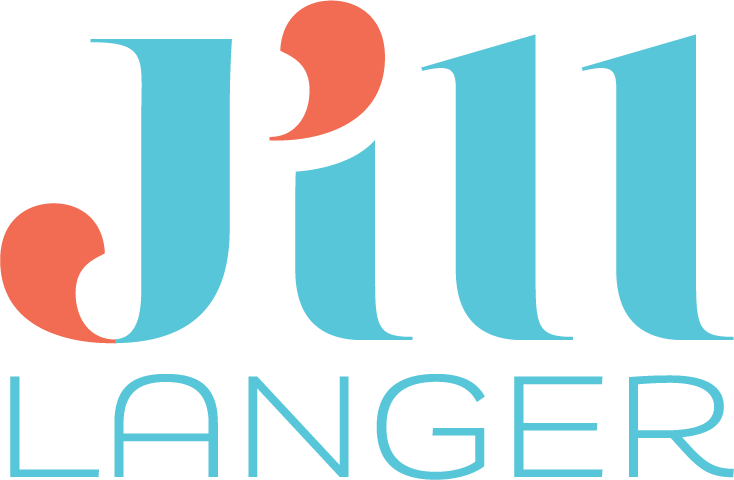A Look Inside Bikablo E-xtraClass
Courtesy of: Martin Haussmann, bikablo
After completing bikablo Basics training many participants say things like, “my head is full of ideas for pictures, my heart is full of joy from drawing and creating, but how do I keep the momentum going?” Hearing this, the bikablo team of trainers has always wanted to provide follow-up support to participants after training ends, but hasn’t always had a way to do this. To address this need, it was clear that it would need to be designed in a way that would allow participants to comfortably participate from home. The follow-up 10 session coaching program called “bikablo e-xtraClass” has now been created and is officially part of the bikablo collection of visual training. In this article, we interviewed Michaela Rufus from the development team to gather some insights on what you can expect in this new program.
The Interview
Dear Michaela, imagine that I have just completed a basics training course and now want to use the visualization techniques I have learned in my everyday work full of verve. From your perspective as an experienced trainer, what challenges might I expect?
A visualization training is a "safe space". Everyday life stays outside, so does the pressure of deadlines. You get to hang out with other nice people and you learn exciting new things together. You then resolve, "I'll do that in everyday life, too!" But back at work and the hustle and bustle of family life, it's not easy to make space to apply what you've learned in a relaxed setting.
The e-xtraClass is our way of recreating this space for you. In one sentence, how would you describe this new program?
The bikablo e-xtraClass is an individual, virtual learning journey to help you anchor the content of the basics training into your everyday working life. The program will support you in keeping up your practice, deepen your learning, and provide opportunities for repetition - and it's also a lot of fun!
Can you share some specific details about the program?
A trainer from the bikablo team meets on a weekly basis with a small group of participants, typically no more than 6. Programs may be offered in the evening or on weekends. Zoom is used as a video conferencing tool to host the sessions. Each session is 90 minutes long, and at the end of each session a small project is assigned as homework. After 8 weeks, 2 additional sessions are scheduled but are spaced further apart to provide sufficient time to work on larger projects and to provide feedback to fellow participants.
What you describe sounds like a virtual learning journey. Can you share some of the highlights along the journey?
At the beginning of the program, we get to know each other, and become familiar with our video conferencing tool Zoom. Then, step by step, we dive into the topics that everyone remembers from the basics training: figures, pictograms and shadows, theme logos, templates, color, type, and live recording - each with exercises that review the content and offer the opportunity to ask questions.
Each week there is a report back from everyday life. For example, "Where did I visualize this week? How did it go?" We give each other feedback and provide ideas for different examples of each of the concepts. The last two sessions are more open by design and based on the needs of the group. Some programs will invite a guest presenter to share their knowledge on a specific topic such as drawing on the iPad. There is also lots of time allocated to share and discuss your work. You see, our journey is richly peppered with visual treasures!
The e-xtraClass team of trainers has almost completed the first round. What was your experience? What were the highlights?
The participants in our face-to-face training often emphasize the positive learning atmosphere, the cordial cooperation, that make it fun and easy. We asked ourselves whether we could also create this same feeling online. And it works! One highlight for me was that a colleague from Shanghai took part. A weekly exchange over this distance would not have been possible "offline”.
And how are your e-xtraClass participants doing now? Can you share some insights?
People are amazed at what can be done via video conferencing, and that it's easier than you imagine, especially if you're not computer-savvy. During the check-out at the end of each session, everyone always has something that they are taking away that has been helpful. It's also nice to see each and have a regular touchpoint over such a long period of time. Over the course of the program, a familiarity develops and each time everyone shares something from their everyday life in the weekly report, it’s as if you are visiting everyone "in their own home". I think that's nice, too.
The whole thing sounds like it is an ideal training to engage in from home during the Corona pandemic. Will it continue gathering in-person is permitted again?
If there's a need, of course! None of our other training formats offer regular support over a long period of time like the e-xtraClass does. This need exists independently of Corona. One aspect also plays a role after the Corona crisis: traveling to training courses is costly and resource-intensive. For us as a company, for which climate protection and conservation is important, but also for many participants, this plays a role. I also really enjoy traveling with a group over a long period of time and getting to know each other in the process. I hope to be able to make this trip many more times.
Are you a bikablo basics alumni, interested in continuing your journey? Check out the courses page for upcoming e-xtraClass offerings.




